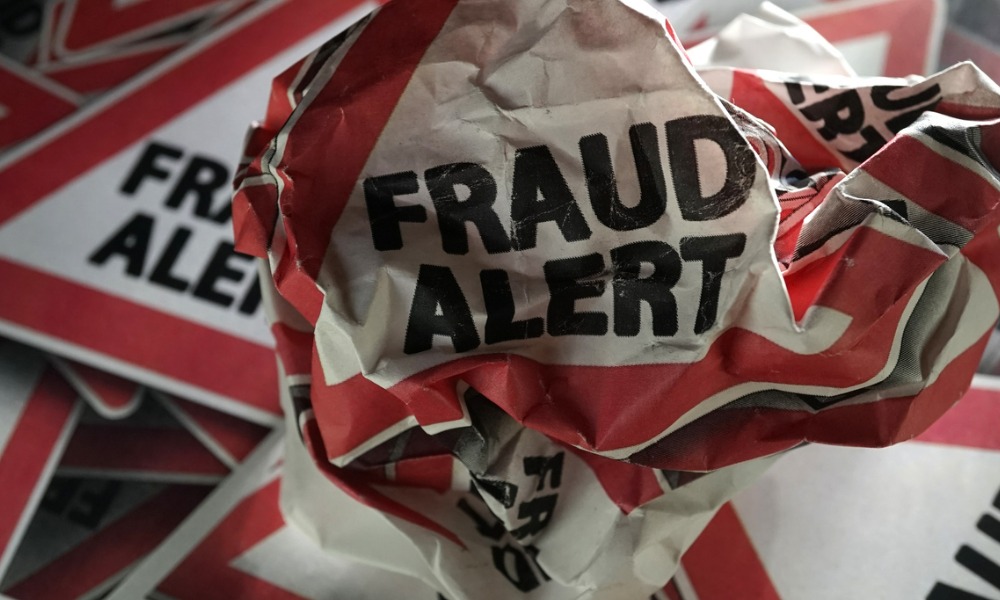Around 5 million Canadians were the victims of fraud over a 5-year period according to Statistics Canada data

Canadians lost a combined $16 billion to fraud over a five-year period but are certain that their personal information is well protected.
Statistics Canada has published results from a survey of certain crimes whether they were reported to the police or not. In an article titled Self-Reported Fraud, 2019, the agency looks at the prevalence of fraud across provinces and demographics and how Canadians are trying to protect themselves.
The study reveals that 17% said they had been the victim of fraud in the five years up to the survey in 2019. The median loss was $600 with one quarter losing $1,000 and 3% losing at least $10,000. The total losses to fraud from poll participants was $16 billion and the average value of losses was more than $5,000, due to some very high losses suffered by a few victims.
A total 5 million people aged 15+ said they had been the victim of fraud during the period covered with 2.5 million having been defrauded in the 12 months prior to the survey.
To put the stats into context, fraud was the most common crime recorded in the survey, impacting twice as many people as violent crime which includes sexual assault, robbery, and assault.
Albertans were most impacted by fraud with 22% reported as victims of at least one fraud, while Nunavut (8.6%), New Brunswick (13%), Newfoundland and Labrador (13%), Nova Scotia (14%) and Quebec (14%) were less like to report having been victims of fraud.
Personal information
Most cases of fraud (90%) involved personal information being obtained by fraudsters but 4 in 10 respondents did not know how this was obtained.
Where the victim did know how their personal information was obtained, credit card cloning was most common followed by pirated access to online accounts, providing the information themselves, and data breach.
Most people were not aware of the fraud until they checked their bank or other account statements or had been contacted by their financial institution.
More than half of respondents believe their personal information is well protected or somewhat well protected while almost half think it is not.



